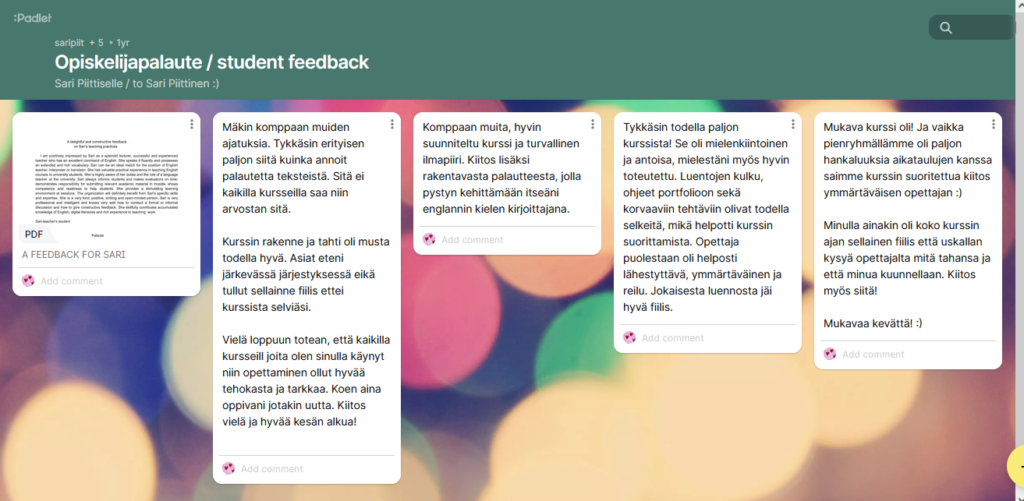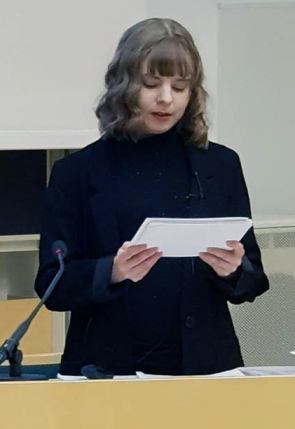Interest overflow
Being a postdoc researcher so far has been quite different from being a PhD student in the sense that my research interests have been much less limited by a specific topic. This has resulted in a bit of a controlled chaos. During this fall, I have written research plans, proposals, or articles for five distinctively different topics/projects. I’ve read and learned more about, for example:
- Bakhtin’s concept of the carnivalesque
- Speedrunning video games and streamed speedrun events
- Gameplay videos and streaming (as work, especially)
- Player comments and reviews online
- Trolling
- Anti-language
- Gaming literacy
And I’m still planning on familiarizing myself with readings on masculinity in gaming culture, although I have no idea if I will be able to prepare a chapter proposal in time on this topic that was suggested to me by a colleague. (I was also working on different topics in the spring and summer, but of those most relevant now is the collection and categorization of player comments that I’m now using in an article.)
It seems I’m like a kid in a candy store, sampling all the different flavours of research available to me (although, in my work, still connected to games and gaming culture) – but it would be great to be able to focus on one topic properly again. Right now, it feels like I’m chasing chances to produce publications or gain funding/employment, which means I’ll see a specific call and do the work to produce something that fits that call, even if it means starting from almost scratch. Of course, I always have some background knowledge to start with – like methodological knowledge (discourse analysis, qualitative content analysis, ethnographic work, grounded theory – I may not have done all of these specifically, but I’ve prepared to do them), and so much knowledge and experience of the gaming culture that, for example, identifying connections between typically non-gaming concepts and gaming comes to me quite naturally. That is, I can see how gaming connects to culture and society more generally, is influenced by it and influences it.
Right now, I’m employed until the end of 2019. Gaining funding or employment would also mean gaining a specific topic area to work on, most likely one that I’ve proposed and am super motivated to work on. It would be great to have that kind of direction and not feel like I have to try to please everyone, even if I’m impressed with how many different things I’ve been able to juggle during this fall. (I have some teaching duties, too!) I’m feeling more confident about my abilities, but now I need others to recognize those abilities, too. I honestly think I could do great work (and my dissertation work is proof of that), I just need a chance.




